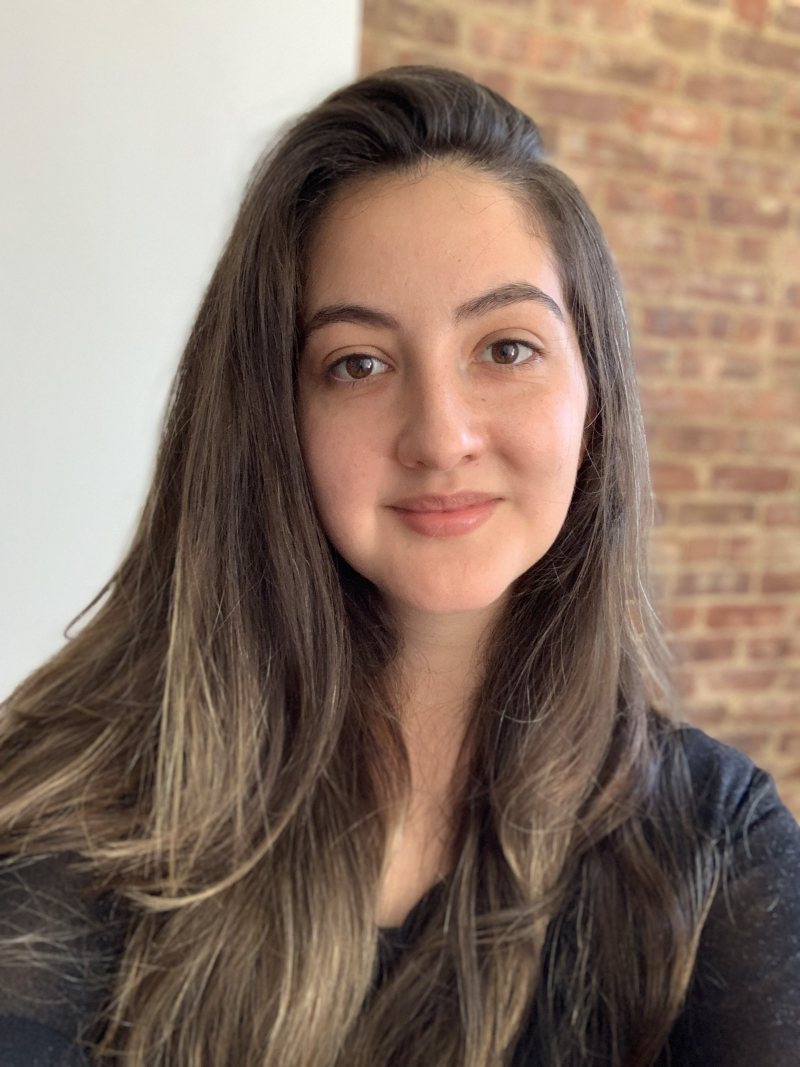
Paula Mantilla-Blanco is a PhD Candidate in Comparative and International Education at Teachers College, Columbia University. Her research focuses on education in crisis, conflict, and post-conflict contexts, and specifically on the role of non-formal spaces of education in memory- and state-building in countries transitioning to peace. Paula’s research takes a regional focus on Latin America with a particular interest in Colombia, her home country. Her dissertation work centers youth voices and engages with multiple stakeholders to explore the role of state-sponsored memory sites, such as museums and memorials, in educating for peacebuilding in Colombia. Her work has been funded by the NA/Ed Spencer Fellowship, the USIP Peace Scholar Fellowship, the Teachers College Education Policy Dissertation Fellowship, the Advanced Consortium on Cooperation, Conflict, and Complexity, and the Institute of Latin American Studies at Columbia University.
Two qualitative articles emerging from this study are forthcoming in Comparative Education Review and in the Journal of Intervention and Statebuilding. In addition, Paula’s collaborative work on the experiences of newcomer and refugee students in the US has been featured in the American Journal of Education. Paula holds an MA in Cultural and Educational Policy Studies from Loyola University Chicago and a BS in Mathematics from the Universidad de los Andes in Colombia.
Education is widely recognized as a fundamental mechanism for peacebuilding in contexts of transition, as it is expected to fulfill the dual goals of addressing the past and promoting a peaceful future. However, research in these contexts generally conflates education with formal schooling and overlooks other pedagogical spaces. Memory sites, such as museums and memorials, are unique examples of non-formal spaces of education where memory is intentionally constructed and transmitted. When these spaces are funded and administered by state authorities, they further exemplify post-conflict memorialization policies and transitional justice measures. The process of institutionalization of memory is particularly interesting in the Latin American context given the region’s long-standing view of memory as a form of protest and denunciation.
To understand the pedagogical use of these spaces, this research explores the role of state-sponsored memory sites in educating for peacebuilding in Colombia. I draw on the case of Colombia, where six decades of continuous conflict and three decades of piecemeal peace negotiations have led to the normalization of violence and the perception that peace is utopic. In the context of school visits, memory sites are used as pedagogical tools in connection to the formal education system, illustrating the intersection of national-level memorialization policies and public pedagogy efforts and school-level policies promoting education for peacebuilding. Emphasizing the connection between formal and non-formal education, this project contributes to a broader view of education for peacebuilding. I build on sociological approaches to memory and anthropological views on state-building practices to better understand how youth interpret memory pedagogies and how processes of memory-building shape youth’s expectations about peace.
Through an embedded multiple-case study of two memory sites and four schools in Bogotá and Medellín, I weave together data from observations of school visits to memory sites, focus groups, interviews, and surveys with students, interviews with teachers and tour guides, and interviews with curators, administrative staff, representatives from victims’ organizations, and other key stakeholders, to analyze how memories are institutionalized and used for pedagogical purposes. By engaging with non-formal spaces of education, centering youth voices, and working with multiple stakeholders, my research seeks to address the role of education beyond the school and recognize the experiences of educational actors outside of the formal education system. Empirically examining the connections between past and future and between individuals and collectives has the potential to unveil relevant challenges that arise as youth situate themselves as social and historical subjects in the midst of an ongoing violent conflict.